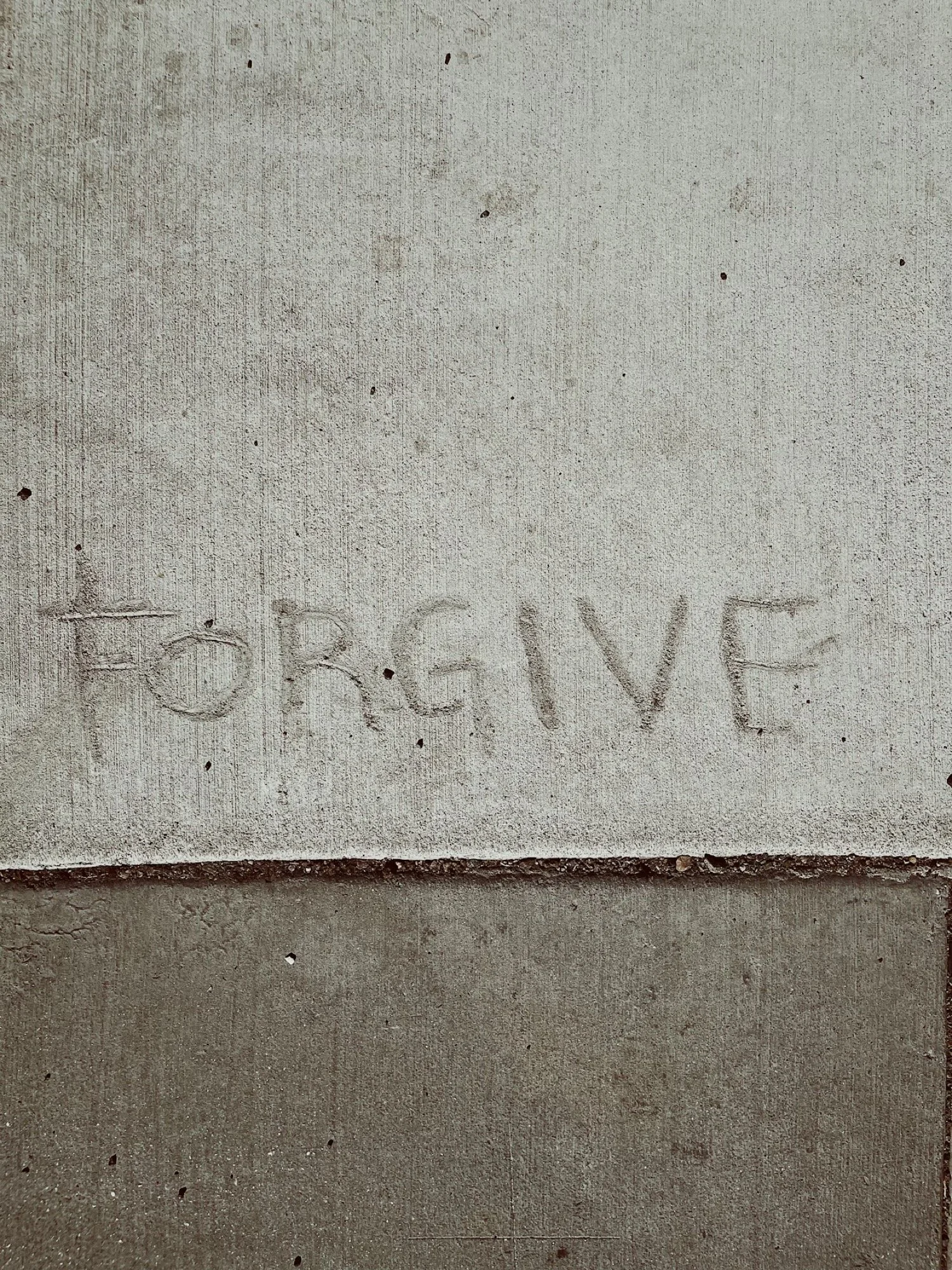Readings for today: Ezekiel 37-39, Psalms 42
Throughout this section of Ezekiel is the constant refrain of restoration. God promising to restore His people. He will make them one again. No longer will they be divided or fractured. He will gather them from the nations where they have been scattered and He will make His dwelling with them again. He will renew the covenant He made with Abraham, Isaac, and Jacob. He will be their God and they will be His people. He will leave none behind. He will search for them as long as it takes. He will prove Himself to be the faithful Shepherd who gives His life for His sheep. I love this about our God. He is true to His Word. He never leaves us or forsakes us. He relentlessly pursues us with His faithful, steadfast, loyal love until the day we die.
You and I are called to do the same for the people in our lives. I think about my father. We buried him on Friday in our family cemetery in a small town in western Nebraska. For decades, I pursued my father. I shared the gospel with him over and over again. I confronted him on his addiction and sin. I challenged him to surrender his life to Christ. I prayed for him regularly. I set boundaries on him when he was difficult. I refused to let him get away with manipulation or deceit. And God honored my prayers. He eventually wore my dad down and my dad gave his life to Jesus. I think of another person I am pursuing right now. A dear friend whose life has fallen apart. Divorced. Lonely. Isolated. Anxious. For months I’ve been pursuing this person. I’ve shared the gospel with them over and over again. I’ve confronted them on their sin. I’ve challenged them to repent and turn to Christ. I pray for them regularly. And though I have yet to see a change, I trust God to honor my prayers. I think of the church I serve. I feel a strong responsibility to be a faithful shepherd to the people God has entrusted to my care. It breaks my heart when some of the sheep stray or wander or leave. It further breaks my heart when some of the sheep self-destruct or engage in all kinds of self-harm physically, emotionally, mentally, and relationally. There’s a part of me that wishes I could cut ties at times but that is not God’s call on my life. He has called me to engage in a relentless pursuit of the sheep no matter how far they scatter or how much effort it takes to track them down and bring them back home.
I think of another shepherd I know. He was given charge over thousands of sheep. Tragically, this shepherd decided to use the sheep to feed himself. His ego. His pride. His self-image. Hundreds, if not thousands, of his sheep scattered. They were left wounded and broken and isolated and anxious and discouraged all over the face of the earth. They became vulnerable to those who would seek to prey upon them. I confronted this shepherd. I used passages like the one we read yesterday from Ezekiel 34 to help him understand his responsibility before the Lord. “Son of man, prophesy against the shepherds of Israel. Prophesy, and say to them, ‘This is what the Lord God says to the shepherds: Woe to the shepherds of Israel, who have been feeding themselves! Shouldn’t the shepherds feed their flock? You eat the fat, wear the wool, and butcher the fattened animals, but you do not tend the flock. You have not strengthened the weak, healed the sick, bandaged the injured, brought back the strays, or sought the lost. Instead, you have ruled them with violence and cruelty. They were scattered for lack of a shepherd; they became food for all the wild animals when they were scattered. My flock went astray on all the mountains and every high hill. My flock was scattered over the whole face of the earth, and there was no one searching or seeking for them.” (Ezekiel 34:2-6 CSB) Sadly, he chose not to listen and the damage he created remains in many of the hearts of the sheep to this day. The same is true with pastor after pastor across the United States who use and abuse their positions of spiritual authority. They are faithless shepherds who come under judgment.
Thankfully, God is not dependent on us to shepherd His people. Even the best among us do it imperfectly. Even the most faithful pastors make mistakes. So this is what God says He will do, “See, I myself will search for my flock and look for them. As a shepherd looks for his sheep on the day he is among his scattered flock, so I will look for my flock. I will rescue them from all the places where they have been scattered on a day of clouds and total darkness. I will bring them out from the peoples, gather them from the countries, and bring them to their own soil. I will shepherd them on the mountains of Israel, in the ravines, and in all the inhabited places of the land. I will tend them in good pasture, and their grazing place will be on Israel’s lofty mountains. There they will lie down in a good grazing place; they will feed in rich pasture on the mountains of Israel. I will tend my flock and let them lie down. This is the declaration of the Lord God. I will seek the lost, bring back the strays, bandage the injured, and strengthen the weak, but I will destroy the fat and the strong. I will shepherd them with justice.” (Ezekiel 34:11-16 CSB) Friends, God is at work even now to restore the fortunes of His people. He is at work even now to gather His sheep together, make them lie down in green pastures, and lead them beside still waters. He is at work even now through people like you and me to feed the sheep, tend the flock, strengthen the weak, heal the sick, bring back the strays, and seek the lost. May we, with joyful hearts and eager hands, join Him in this great work!
Readings for tomorrow: Ezekiel 40-44, Psalms 43




